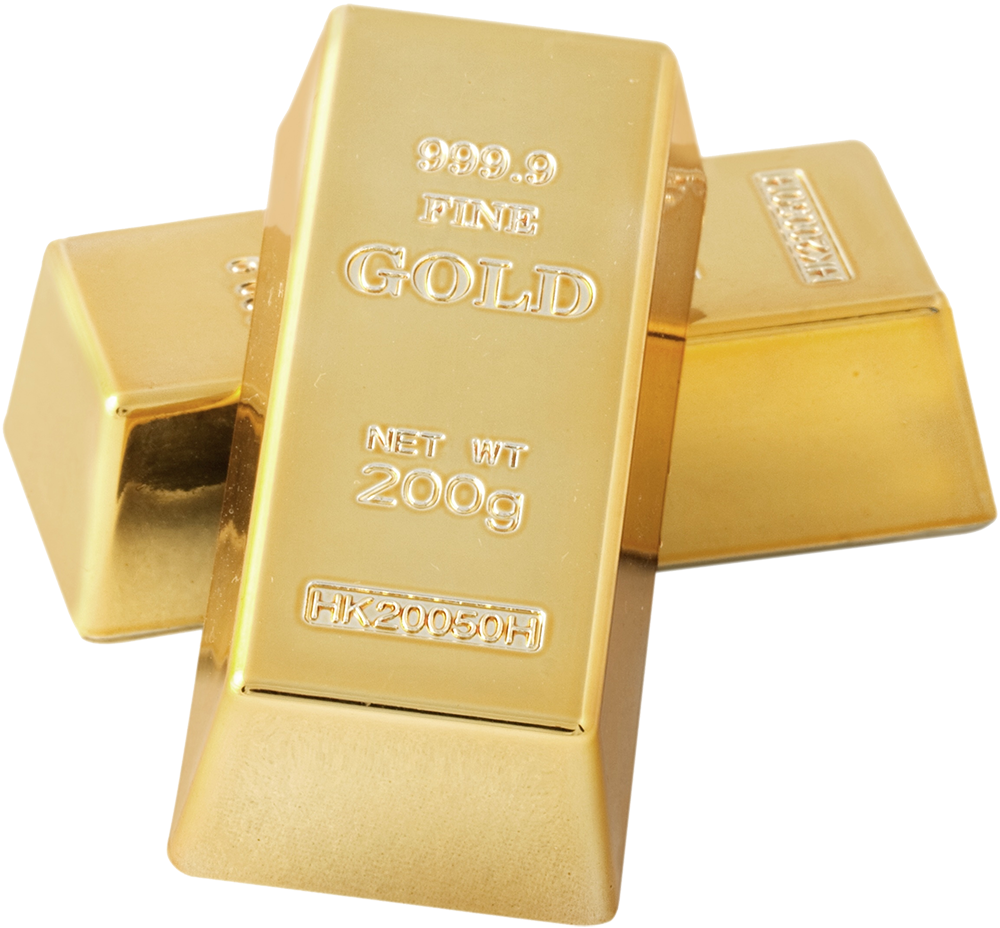It may be tough to admit, but the holiday season can be a stressful time of year.
There are office parties to plan for, and family gatherings at home to cook and clean for.
If your kids have school events to attend during the season, you’ll probably find yourself needing to pick up at least a few extra presents or party supplies.
And if you’re traveling out of town to spend Christmas, Hanukkah, Kwanzaa or New Year’s with family, you’ve either got plane tickets to buy or gas tanks to fill up.
We Love the Holidays, Just Like You. But…
Of course, just like you, we love the holiday season – especially all the celebration that comes along with it. (Not to mention all the giving and receiving!)
But if we’re being perfectly honest, the Thanksgiving-to-New-Year’s stretch can also be pretty expensive. If you’re lucky enough to have an especially large extended family — especially if you have a lot of kids to buy gifts for — the idea of somehow generating a little extra cash has probably crossed your mind at some point over the past six weeks or so.
Our suggestion? Consider selling some of your old gold jewelry, your antique silver flatware, or anything else you may own — old coins, silver teapots or plates, class rings — that may contain gold or silver.
Need Extra Holiday Cash? You May Be in Luck.
If you live in the northern Philadelphia suburbs of Bucks County or Montgomery County, you might want to think about bringing your valuable items by our Doylestown retail store for a quick appraisal. In fact, we pride ourselves on buying, selling and trading literally anything of value, from gold, silver and platinum to high-end handbags, antique firearms, miscellaneous musical equipment, and even paper currency and dental gold.
Given the almost consistently rising prices of gold and silver, though, you’re bound to come into the biggest bundle of money if you’re able to sell items of any sort that contain either of those two precious metals. The internationally traded prices of both gold and silver are hitting historically high rates.
A Quick Word of Caution
A quick word of caution, though: Because items containing gold or silver are so in demand these days, so too has the market for precious metals been overrun with the sort of less-than-scrupulous traders you probably don’t want to do business with. If you are planning on unloading some of your old collectible coins or costume jewelry, the following are a few selling suggestions you might want to bear in mind.
Ask to See the Shop’s License
It’s true: Businesses in Pennsylvania (and in most other states) are required by law to have a license if they plan on buying gold. The license should be clearly displayed somewhere in the shop, so if you don’t see it, just ask. (And if it’s not there, leave.)
In fact, even the scale a shop uses to weigh its customers’ gold is required by the Commonwealth to be approved by the Pennsylvania Department of Weights and Measures. There are a decent number of hurdles a trader of precious metals needs to jump through, and for good reason. If you don’t feel that the shop you’re visiting to is on the up-and-up, head out the door and try someplace else.
You’ve Seen Their License — Have They Asked for Yours?
Legitimate gold buyers are legally obligated to ask sellers for government-issued ID. It’s a process that helps significantly to cut down on the sale of stolen jewelry and other property. Most buyers will make a photocopy of a seller’s driver’s license. If you’re not asked for identification of any sort when you’re selling your precious metals, you’re probably not in a legit shop. That may also mean that you’re not being offered a fair price.
Check the Current Prices Before Selling Gold and Silver — But Be Realistic
It’s easy enough to check online for the latest price-per-ounce of gold and silver. Kitco.com is a reliable site for precious metal watchers. But it’s important to keep in mind that you’re not going to be offered a rate that’s equivalent to the most current price. That’s because gold buyers need to maintain a profit margin — they have employees to pay and overhead to think about.
So how do you know if what you’re being offered is actually a fair price? Our advice, if you’re happy with the offers coming your way, is to shop around. Get quotes from a few different stores before you make a decision.
Do You Have Questions About Your Own Precious Metals?
If you have jewelry, coins or other items you’re thinking about selling, feel free to get in touch with us — even if you just have a few questions you’d like to get answers to. Or pop by our retail location in Doylestown and show us what you’ve got — we’re always on the lookout for exciting new items.


